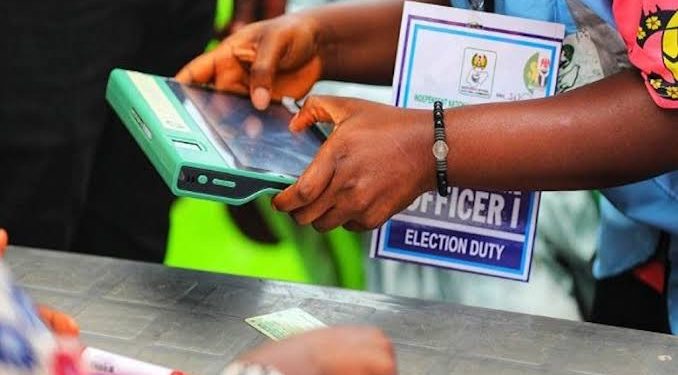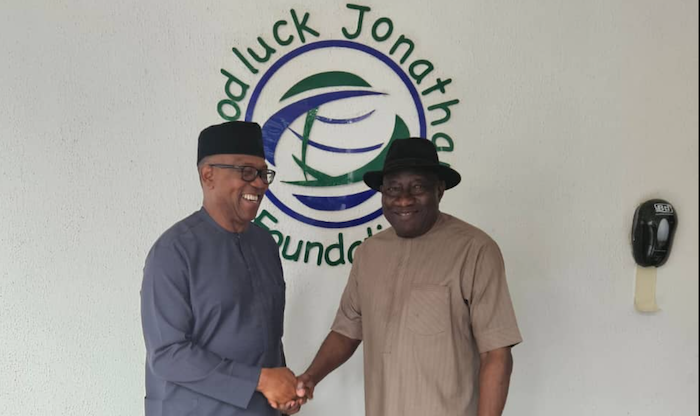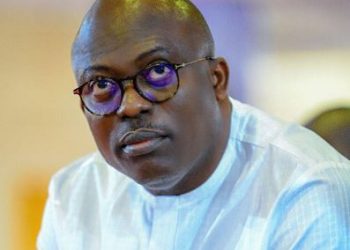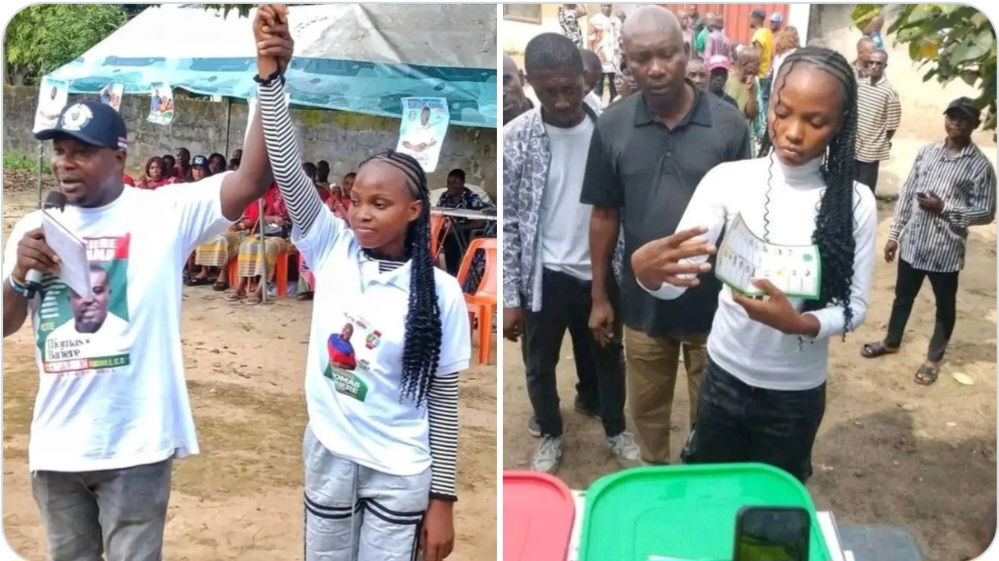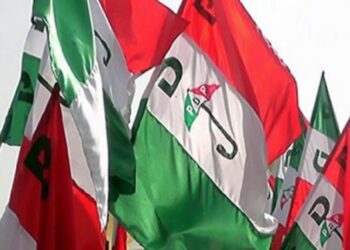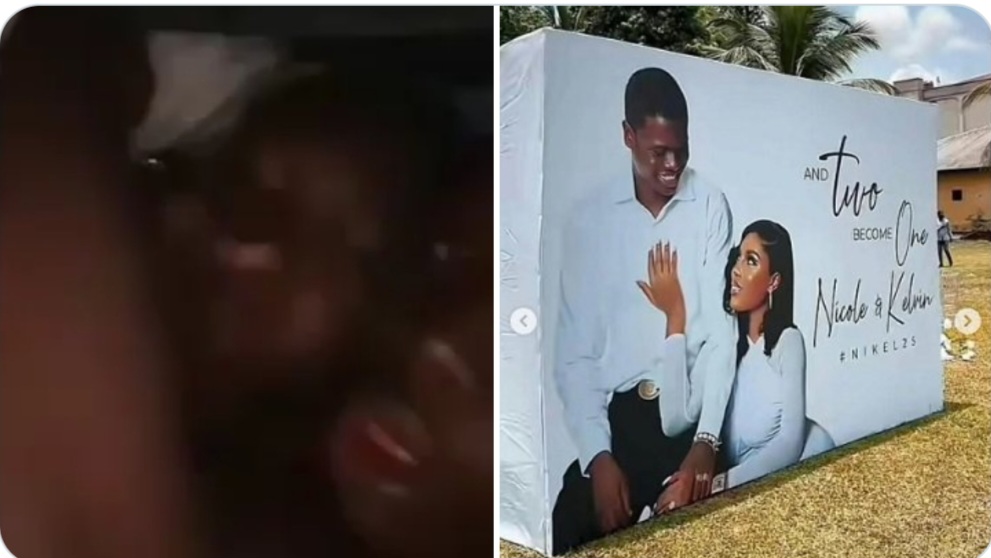The Independent National Electoral Commission (INEC) has finally granted the Labour Party presidential candidate, Peter Obi and its legal team access to inspect materials used for the February 25 presidential and national assembly election.
The spokesperson of the Labour Party presidential campaign council, Tanko Yunusa, confirmed the development on Monday.
Yes, they have granted us access, we are meeting with the chairman now. We have our team of lawyers and technical experts with us,” Tanko said.
The approval by the electoral umpire comes following the threats by the LP to mobilize for a nationwide protest if the commission refuses to comply with the judgement of the Court of Appeal allowing the party to inspect election materials.
Obi and other presidential candidates were granted leave by the appellate court to inspect the Bimodal Voter Accreditation System (BVAS) machines and other sensitive materials that INEC deployed for the conduct of the 25 February poll.
The court however refused to restrain INEC from reconfiguring the BVAS ahead of the governorship and state assembly elections.
In the ruling delivered on Wednesday, a three-member panel of the court of appeal led by Joseph Ikyegh, held that restraining the electoral commission would constrain INEC from conducting the March 11 elections.
In an application, Peter Obi, presidential candidate of the Labour Party (LP), had sought an order of the court “restraining the 1st respondent (INEC) from tampering with the information embedded in the BVAS machines until the due inspection is conducted and certified true copies (CTC) of them issued”
However, the electoral body insisted that granting the request would affect its preparations for the forthcoming elections.
Tanimu Inuwa, counsel to the INEC, asked the court to vary the orders which gave permission to Obi and Atiku to inspect all the sensitive materials used in the conduct of the presidential election.
But the court refused to grant INEC’s request, saying the commission failed to specify which of the orders it wished to vary.
The court also emphasised that it never granted Obi and LP permission to access the database of INEC as misconceived by the electoral body.
It clarified that what was granted was an order giving Obi and LP permission to do electronic scanning and/or make photocopies of voter registration, and ballot papers used in the conduct of the election.
